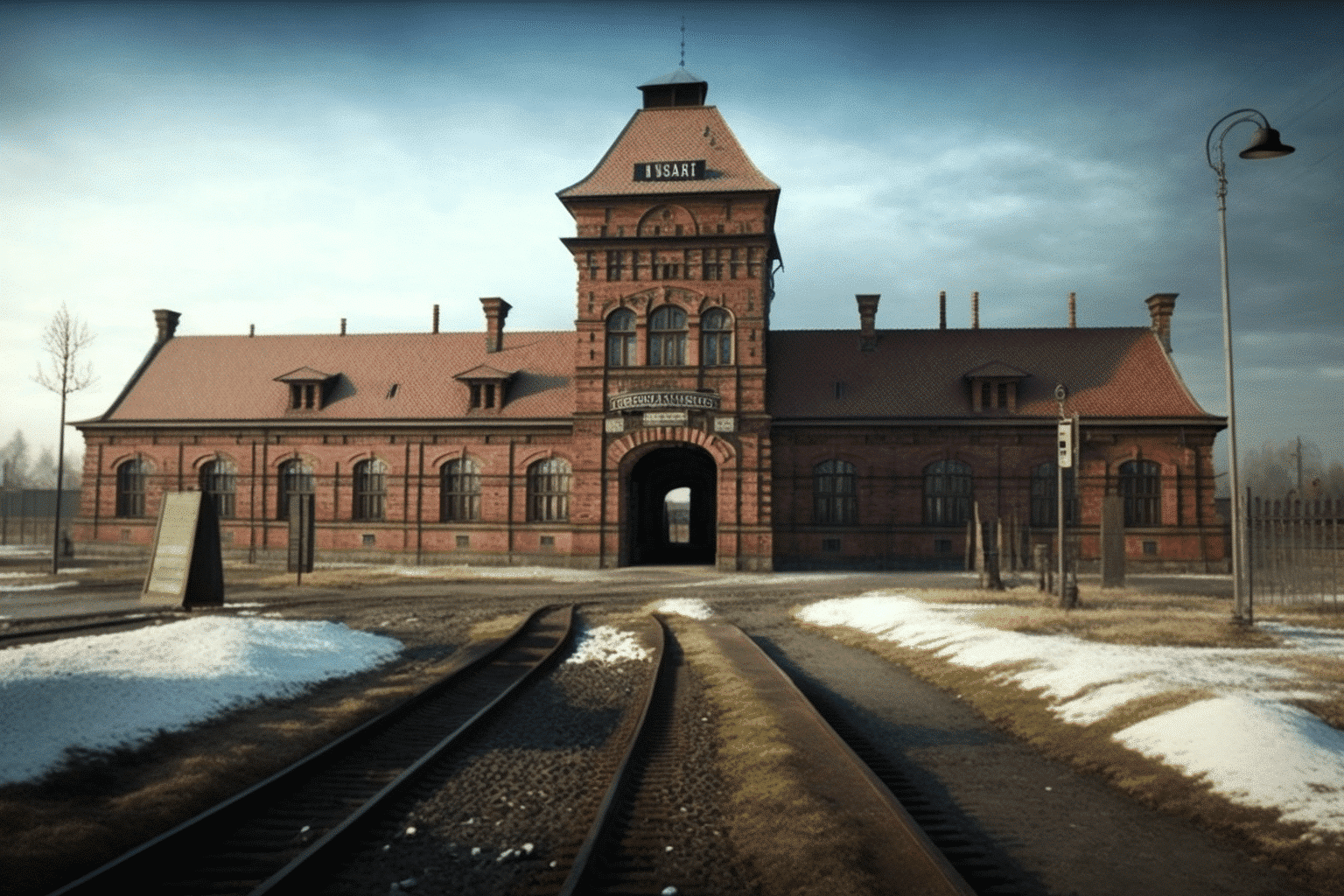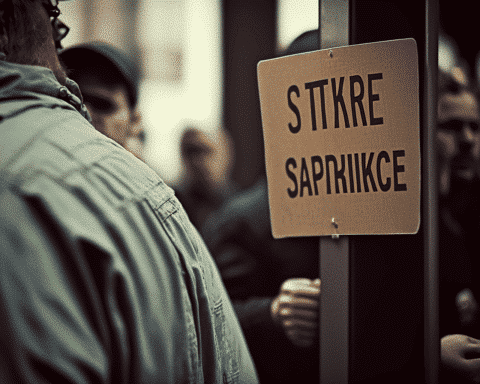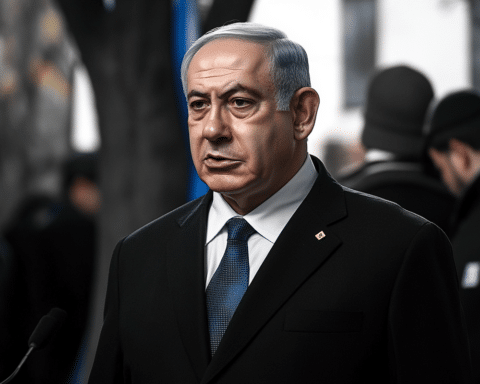Yad Vashem, Israel’s national Holocaust memorial, has expressed concerns about a recent agreement to resume Israeli school trips to Poland, stating that the deal recommends several “problematic sites” that misrepresent history. The criticism follows an announcement by Israel and Poland regarding a groundbreaking agreement designed to mend their strained relationship due to differing perspectives on Polish conduct during the Holocaust. Israeli youth trips to Poland were a significant point of dispute.
The March 22 agreement, which awaits ratification from both countries’ parliaments, highlights the significance of youth education and “the necessity to share the entire narrative of the Holocaust and World War II’s dark times.” Haaretz, a liberal daily, first reported the agreement’s details. The agreement also advocates for visits to “sites memorializing the Holocaust and other World War II crimes,” including locations of particular importance to each nation’s history. Student groups must visit at least one site recommended by the other government from an extensive list of museums and memorials.
During these trips, Yad Vashem stressed maintaining “complete historical accuracy, including the role of Poles in the persecution, surrender, and murder of Jews, as well as in rescue efforts” during the Holocaust. “The memorial expressed concerns that the list of approved sites in Poland was developed without consultation and features “problematic sites unsuitable for educational visits.”
The list comprises several sites, including art galleries, royal palaces, and Jewish history museums, which attract Jewish visitors. In a statement, the Foreign Ministry of Poland stated that both countries agree that the Holocaust should not be the only aspect of Jewish, Israeli, and Polish history that young people should learn about.
Yad Vashem did not specify which sites it deemed problematic. Although part of a small minority that risked their lives during the Holocaust to rescue Jews, the Ulma Family Museum has been criticized for portraying the family as representative of mainstream Poles.
As well as a museum dedicated to Polish “cursed soldiers” who attempted to resist communism in the late 1940s and occasionally collaborated with Nazis and killed Jews, another museum also honours Poland’s anticommunist resistance fighters.
Israel’s Foreign Ministry downplayed the controversy, stating that Israel’s Education Ministry approved the list, which includes many options, such as the famous POLIN museum, which showcases the history of Polish Jewry.
The inclusion of more contentious sites may be driven more by Polish politics than international education. Poland’s nationalist government can use the list to appeal to its supporters before this fall’s parliamentary elections.

As a result of disagreements over Poland’s involvement in the killing of Jews by German forces during World War II, Israeli-Polish relations have suffered in recent years.
Poland’s nationalist government has tried to portray Polish crimes as marginal, focusing almost solely on commemorating Polish heroes who aided Jews. Historians, Israeli authorities, and Jewish survivors who experienced persecution by Poles before, during, and after the war has denounced the nationalist stance, accusing the government of attempting to sanitize history.
Israel cancelled trips to Auschwitz and other Holocaust and Jewish historic sites last year, accusing the Polish government of attempting to control the Holocaust studies curriculum for Israeli children.
Haaretz’s lead editorial on Tuesday stated that the agreement came at a high cost to Israel and accused the government of trivializing Holocaust remembrance for diplomatic convenience. Just a few days are left before Israel’s Holocaust memorial day, and the newspaper emphasized, “We must not forget those who sold out Holocaust remembrance.”
Despite the concerns raised by Yad Vashem and the criticism from Haaretz, it is still being determined whether the Israeli government will make any amendments to the agreement or if the Polish government will address the issues presented. Both governments may prioritize the renewal of diplomatic relations and the resumption of educational trips over addressing the controversial aspects of the list.
The agreement’s success will depend on how effectively it fosters understanding and awareness of the complex history between Poland and Israel and the broader Holocaust narrative. Both countries must find a balanced approach that recognizes the various aspects of their shared past without glossing over the darker chapters or distorting historical facts.
Educators, historians, and civil society organizations in both nations may need to actively ensure that the youth visiting these sites receive accurate and nuanced information about the Holocaust and the relationship between Jews and Poles during World War II. This may involve supplementing the official curriculum with additional resources, providing context to the more controversial sites, and encouraging open dialogue among students to facilitate a deeper understanding of the historical complexities.
While the agreement may serve as an initial step towards healing the diplomatic rift between Israel and Poland, both nations must continue engaging in honest conversations about their shared history to promote genuine understanding and reconciliation.




